১ ফাল্গুন ১৪৩২
Provision for 'No' Vote Added to Article 19 of RPO
04 November 2025 18:11 PM
NEWS DESK
Several new provisions have been introduced in the amended Representation of the People Order (RPO) ordinance for the upcoming parliamentary election.
A key addition stipulates that any person declared a fugitive by a court will be disqualified from voting.
After one and a half decades, the definition of “law-enforcing agencies” once again includes the armed forces, while the “no” vote is being reinstated in constituencies with a single candidate. Other changes include re-voting in case of a tie, candidates in alliances competing under their own party symbols, security deposits set at Tk 50,000, a maximum fine of Tk 150,000 for violating the electoral code of conduct by political parties, IT-supported postal voting, annulment of an entire constituency’s results in case of irregularities, electoral offences for AI misuse, and empowering the Election Commission (EC) to take action even after the election if false information is found in affidavits.
The key amendments are as follows:
Section 2: The definition of “law-enforcing agencies” now includes the Army, Navy and Air Force. This provision existed in the 2001 and 2008 elections and has now been reinstated after three elections.
Section 8: District election officers will prepare the list of polling stations, subject to EC approval.
Section 9: If a returning officer dismisses any polling official, the EC must be informed.
Section 12: Anyone declared an absconding suspect or fugitive accused by a court will be ineligible to become a member of parliament. Such a fugitive cannot contest the polls.
Individuals holding positions such as president or any other role in the managing committee of an educational institution within the relevant constituency will also be ineligible to contest.
Executive positions in any organisation now categorised as “for profit” -- meaning those holding such posts cannot run for election.
Candidates must declare income sources both at home and abroad and submit their latest tax return in the affidavit.
If false information in the affidavit is proven, the EC is empowered to take action even after the election.
Section 13: The security deposit for candidacy has been raised to Tk 50,000 from Tk 20,000.
Section 14: In addition to candidates and banks, financial institutions and public service providers can also appeal against the returning officer’s order.
Article 19: The “no” vote has been reinstated. In any constituency with a single candidate, the ballot paper will include a “no” vote option. However, there will be no “no” vote provision if a re-election is held.
Section 20: Candidates of registered political parties contesting as part of an alliance must run under their own party's symbol.
Section 21: Election agents must be registered voters in the respective constituency.
Section 25: The powers of presiding officers have been expanded.
Section 26: With the decision not to use electronic voting machines (EVMs), all related provisions have been abolished.
Section 27: Postal voting provisions have been added for expatriates, government employees, and voters detained within the country. This enables IT-supported postal voting without restrictions.
Section 29: The list of people allowed to enter the polling centre has been revised to include media personnel.
Section 36: A provision is added for the presence of media workers during the vote counting.
Section 37: Since it may not be possible to review all cancelled ballots, presiding officers will now have the discretion to recount if they deem it necessary, instead of being required to do so.
Section 38: In case of a tie vote, a re-election will be held instead of a lottery. Previously, the rule was to select a candidate by lottery among those with equal votes.
Section 44: Several new additions are made to this article. The candidate's election expenditure rate is fixed at Tk 10 per voter.
The provision on the election expenditure is revised to include political parties. A provision is added for the detailed and clear publication of the list of funds received as donations on the website. The matter of the deputy inspector general of police is included among the relevant officials for the transfer of election officials.
Section 73: A provision is added for offences concerning the candidate and the party for the prevention of false information, misinformation, rumours, and misuse of AI.
Minor revisions have been made to sections 74, 81, 87, 89.
Section 90: This section contains provisions for party registration and financial grants, as well as the suspension of the party's symbol if its registration is suspended.
Section 91: The EC now has the authority to annul not only the results of polling stations, but also those of an entire constituency if necessary due to irregularities.
Violation of the electoral code of conduct may lead to a maximum imprisonment of six months or a fine of up to Tk 150,000, applicable to both individuals and parties.
In addition to executive and judicial magistrates, EC-authorised officers can also take action for code violations.
These amendments combine recommendations from the Electoral System Reform Commission and the National Consensus Commission.
The EC’s reform proposals were approved by the Advisory Council and no further changes were made, despite party demands.
After receiving in-principle and final approval from the Advisory Council, the president issued the amendments as an ordinance.







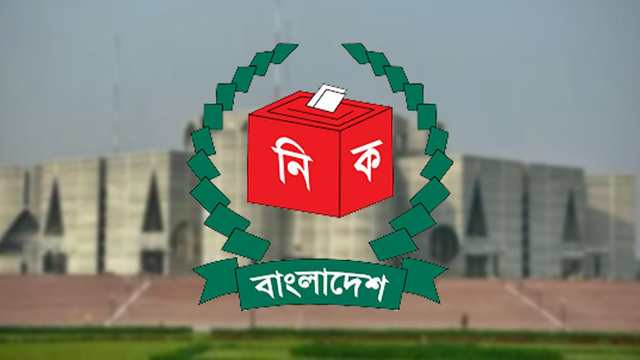
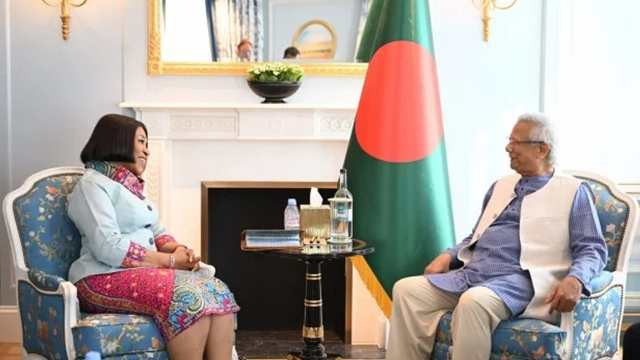
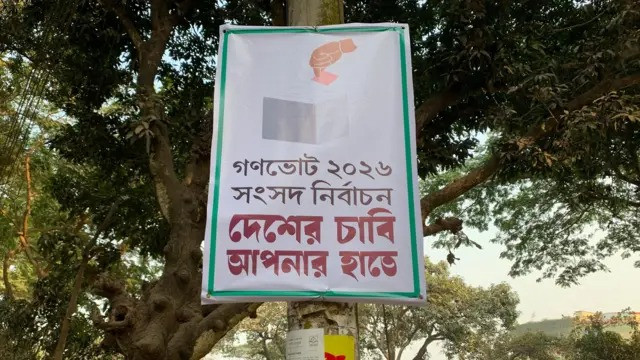
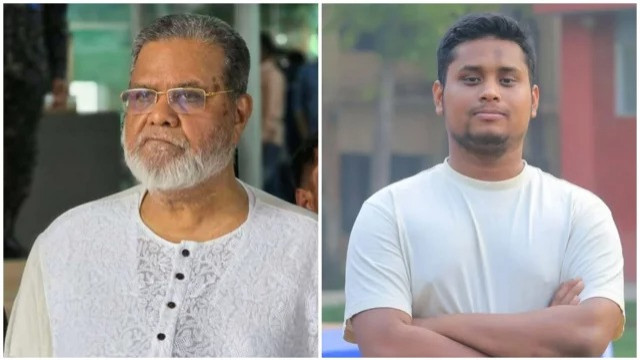

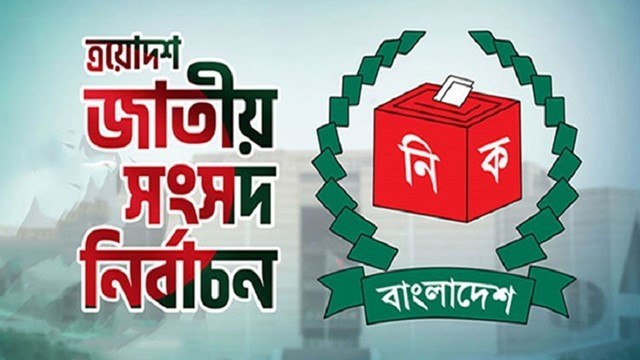

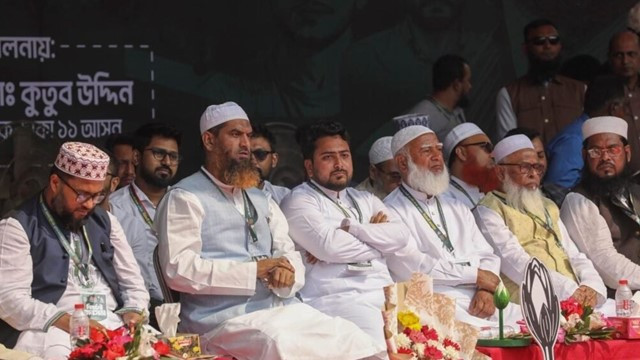
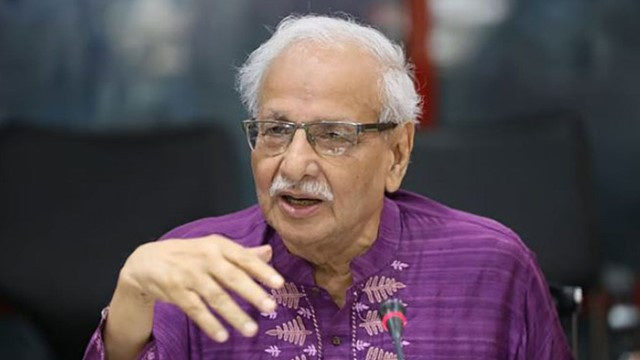

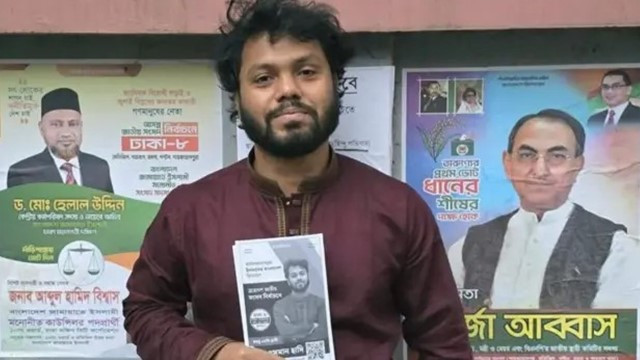
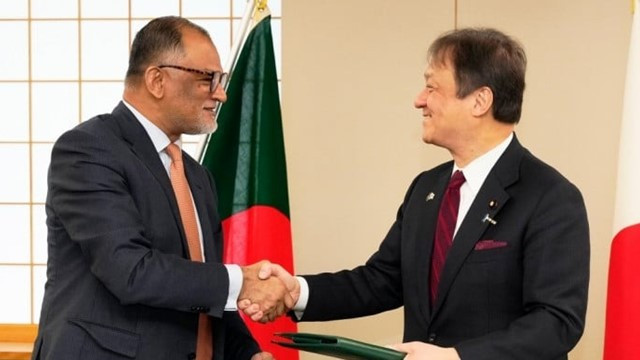
Comments Here: